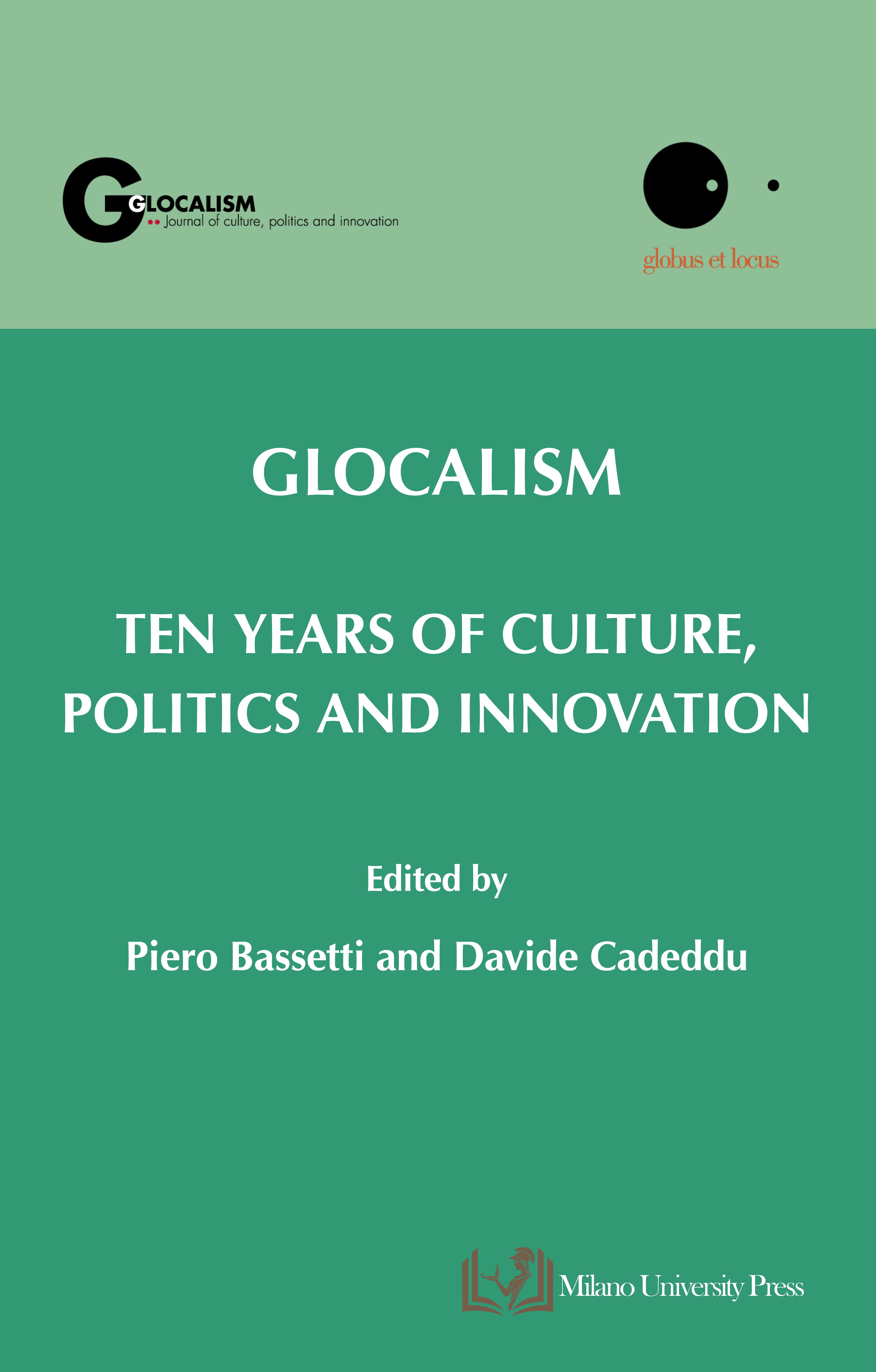Taking salience seriously: the viability of Ronald Dworkin’s theory of salience in the context of extra-territorial corporate accountability
DOI:
https://doi.org/10.12893/gjcpi.2015.1.9Keywords:
international law, universal jurisdiction, jurisprudence, Dworkin, salienceAbstract
In his posthumously published article “A New Philosophy for International Law”, Ronald Dworkin advocates for the use of “salience” as means for generating international law. Dworkin argues that the consent-based mechanisms for establishing international law are often incapable of addressing collective challenges such as change. Dworkin’s salience in alternative means for creating international law whereby the law can emerge from widely held principles and practices without the necessity of global sovereign consent. Unfortunately and somewhat ironically, Dworkin’s essay on salience does not include non-consent based mechanisms for salience to obtain international recognition as a legitimate engine for creating international law. This essay offers international corporate accountability is a fertile area for the emergence of salience as a source of international law. Dworkin’s description of salience and its law-forming capacity speaks to what can take place and what is taking place in the development of this area of law. Salience presents a theoretical construct that can nurture the development of coherent and extra-referential standards for judicial engagement with extra-territorial corporate wrongs. Thus the use of salience in the context of international corporate accountability is well-suited for the specific task at hand and can offer a stage whereby salience can prove its worth and legitimacy as a source of international law.
Downloads

Downloads
Published
How to Cite
Issue
Section
License
Copyright (c) 2023 David Brian Dennison

This work is licensed under a Creative Commons Attribution-ShareAlike 4.0 International License.











